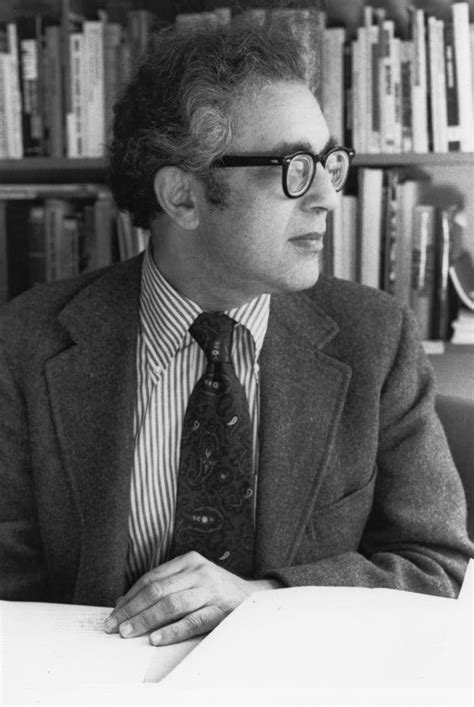A Quote by Italo Calvino
The more one was lost in unfamiliar quarters of distant cities, the more one understood the other cities he had crossed to arrive there.
Related Quotes
I have crossed the seas, I have left cities behind me, and I have followed the source of rivers towards their source or plunged into forests, always making for other cities. I have had women, I have fought with men ; and I could never turn back any more than a record can spin in reverse. And all that was leading me where ? To this very moment.
Fifty percent of the world's population lives in cities. In a couple of decades, 70 percent of the world's population will be living in cities. Cities are where the problem is. Cities are where the solution is, where creativity exists to address the challenges and where they have most impact. This is why, in 2005, the C40 was founded, an organization of cities that address climate change. It started with 18 cities; now it's 91. Cities simply are the key to saving the planet.
You have to take in the whole picture, and ask, "What is it you want? What kind of world do you want?" So, I have drawings of different cities. Those cities have an end goal; they're not just cities. The end goal of those cities is to make things relevant to people that they respond to. There's no other way.
For the most part, French cities are much better preserved and looked after than British cities, because the bourgeoisie, the people who run the cities, have always lived centrally, which has only recently begun to happen in big cities in England. Traditionally in England, people who had any money would live out in the suburbs. Now, increasingly, people with money live in the cities, but this has changed only in the last 20 or so years.
I have been dwelling upon downtowns. This is not because mixtures of primary uses are unneeded elsewhere in cities. On the contrary they are needed, and the success of mixtures downtown (on in the most intensive portions of cities, whatever they are called) is related to the mixture possible in other part of cities.
In trading with each other cities can't be in too different stages of development, and they can't copy one another. Backward cities, or younger cities, or newly forming cities in supply regions, have to develop to a great extent on one another's shoulders. This is one of the terrible things about empires. Empires want them only to trade with the empire, which doesn't help them at all. It's just a way of exploiting them.
What people want now, they want jobs. They want great jobs with good pay. And I'll tell you, we're spending a lot of money on the inner cities - we are fixing the inner cities - we are doing far more than anybody has done with respect to the inner cities. It is a priority for me, and it's very important.
The Spirit of Cities presents a new approach to the study of cities in which the focus is placed on a city's defining ethos or values. The style of the book is attractively conversational and even autobiographical, and far from current social science positivism. For a lover of cities--and perhaps even for one who is not--The Spirit of Cities is consistently good reading.






























